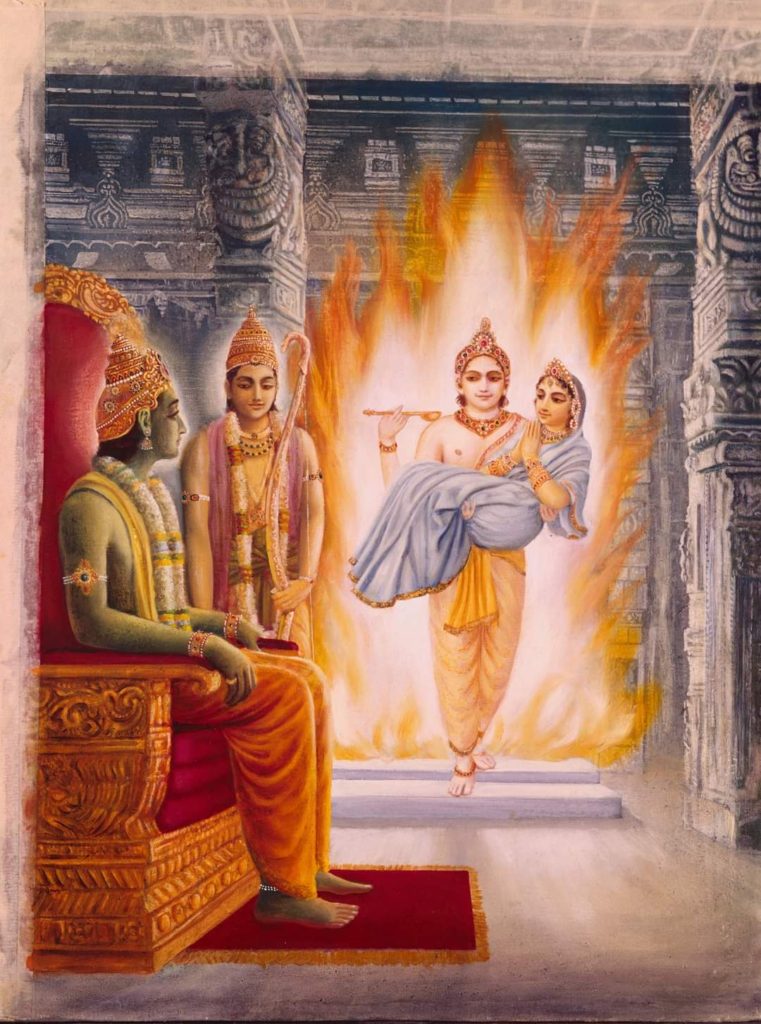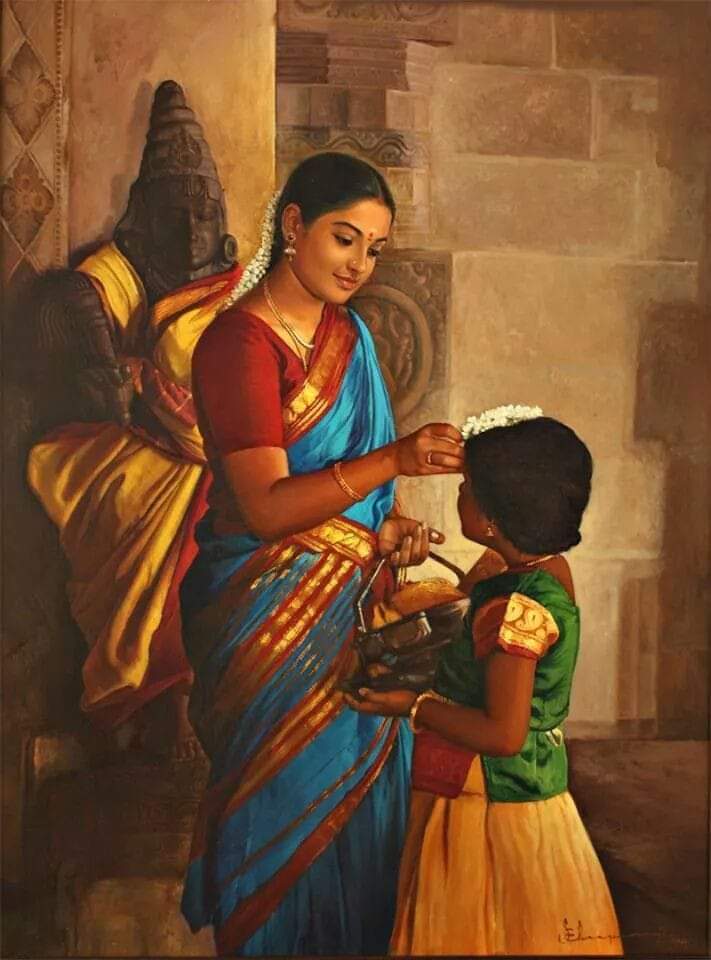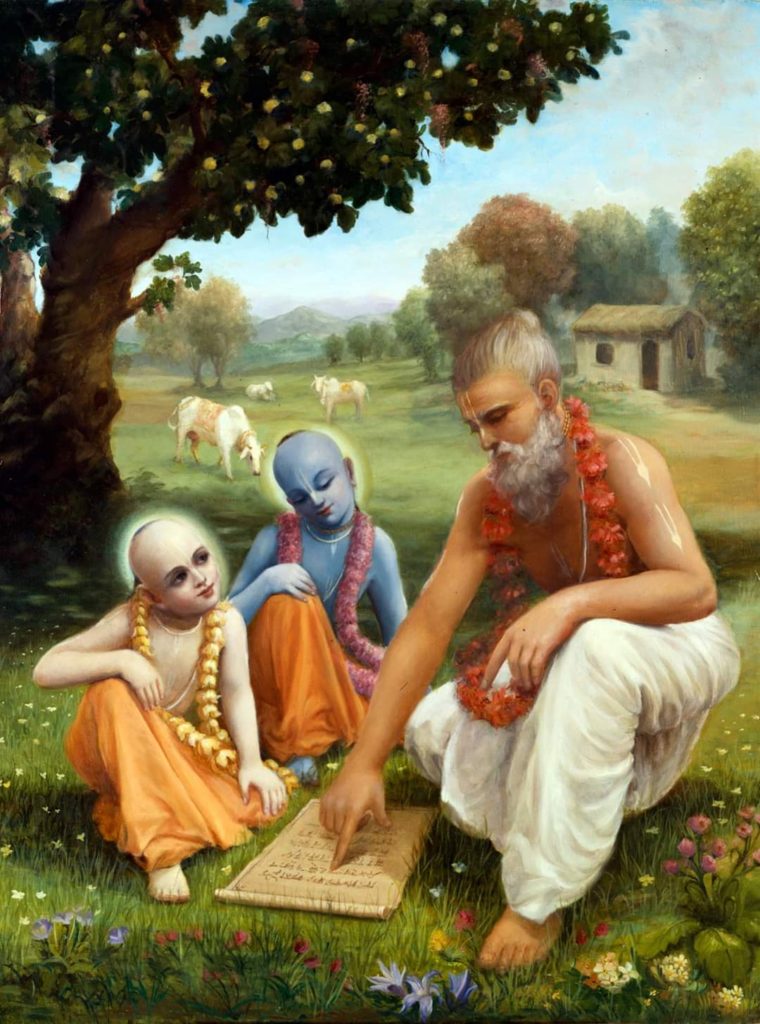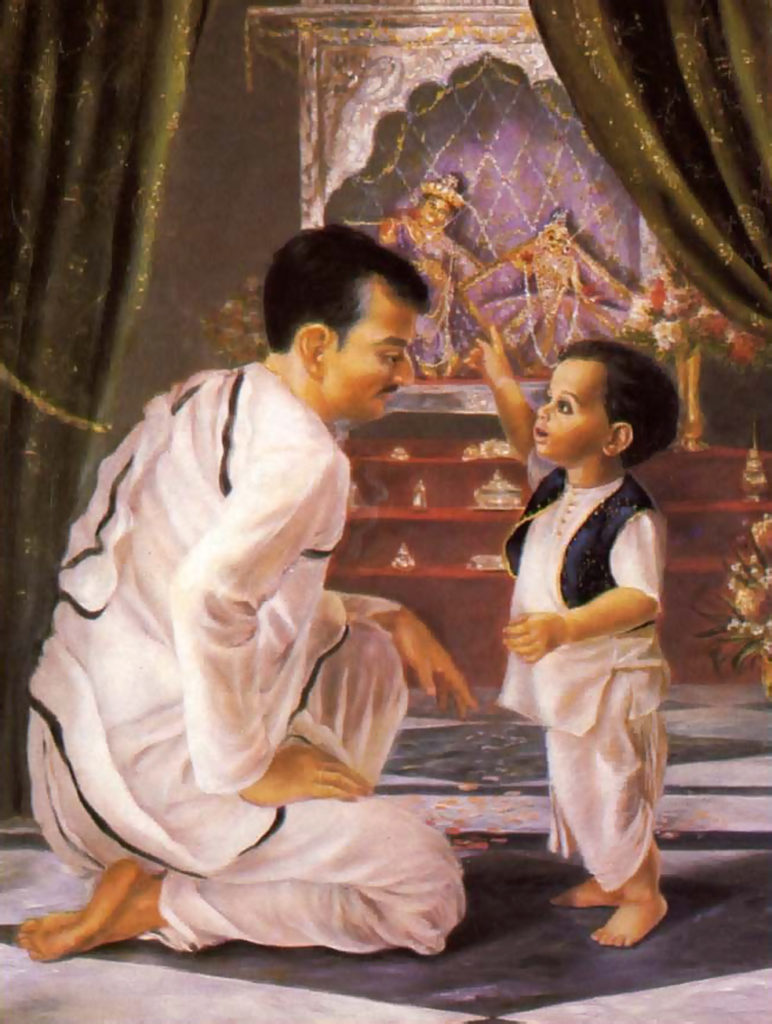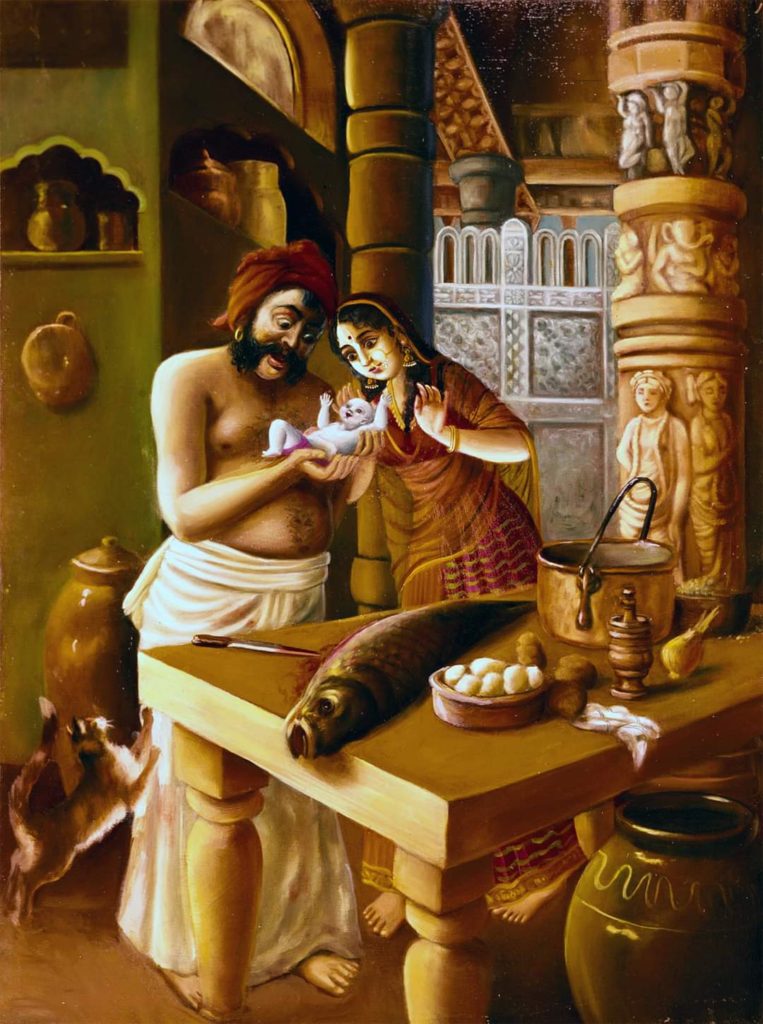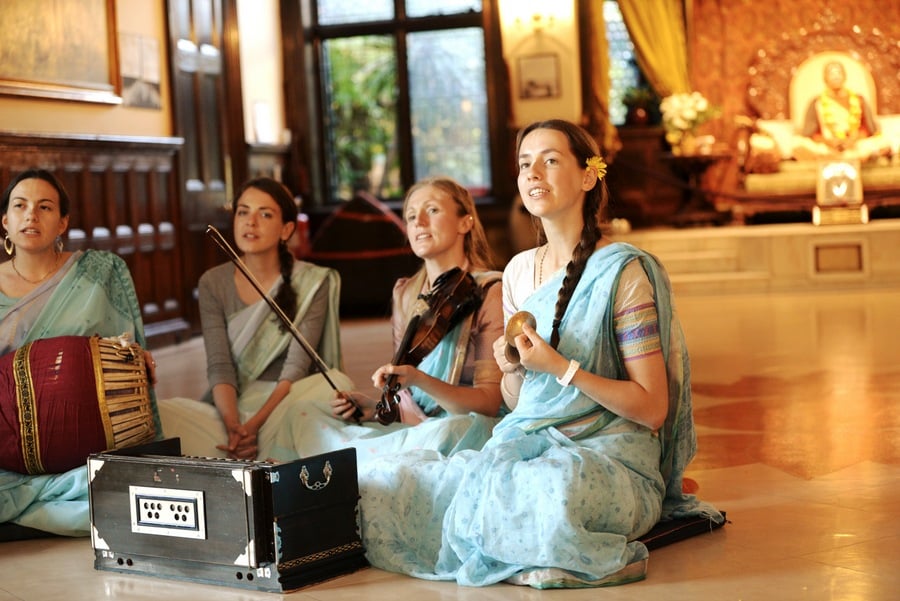In the 5th canto of Srimad Bhagavatam, we hear the story of how Bharata Maharaja became attracted to a deer and ended up becoming an animal in his next life, even after renouncing his kingdom and family to dedicate himself to practicing devotional service.
The story is that Bharata Maharaja once saw a pregnant female deer being attacked by a lion. Terrified, she aborted her embryo and died shortly afterward. Seeing the unfortunate young deer, Bharata Maharaja couldn’t avoid giving it shelter. However, as he started feeding and taking care of the deer he grew attached to it, and gradually abandoned his spiritual practice. At the time of death, he thought of the deer and thus had to become a deer in his next life. It took him two more lives until he was able to finally go back to Godhead.

Bharata Maharaja was not an ordinary person. He was extremely advanced in the practice of devotional service, especially after renouncing his kingdom. It’s described that “In the gardens of Pulaha-āśrama, Mahārāja Bharata lived alone and collected a variety of flowers, twigs, and tulasī leaves. He also collected the water of the Gaṇḍakī River, as well as various roots, fruits, and bulbs. With these he offered food to the Supreme Personality of Godhead, Vāsudeva, and, worshiping Him, he remained satisfied. In this way, his heart was completely uncontaminated, and he did not have the least desire for material enjoyment. All material desires vanished. In this steady position, he felt full satisfaction and was situated in devotional service.” (SB 5.7.11)
Being so elevated, to the point of not having the least desire for sense gratification, how could he fall down by becoming attached to a deer, to the point of becoming a deer in his next life?
Continue reading
